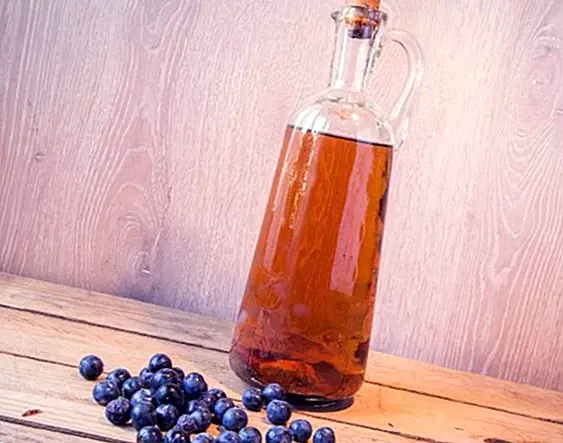Dried fruits: a healthy choice
Experts in nutrition and dietetics recommend consuming -at least- 5 servings of fruits and vegetables, because they have an important amount of nutrients, vitamins, fiber and water, so they are extremely beneficial for health.

Not in vain, on previous occasions we have also dealt with the calories from fruits, knowing that ultimately consist of some foods that, in addition to healthy, are ideal in slimming diets and for those who wish to control or lose weight.
But what about the dried fruits? Are they equally beneficial to health? Or lose vitamins, minerals and nutrients? We reveal it to you in the following lines.
Dried fruits are equally healthy for health
During the drying process of fresh fruit, its water content is drastically reduced, which is why the concentration of nutrients tends to increase.
However, due to their abundance in simple carbohydrates, they contain a high caloric value, since, for example, dried plums have approximately 163 calories (each 100 grams), or 236 calories from apricot apricots (every 100 grams). ).
Nutritional values of dried fruits
Among the different groups of vitamins that can be found in dried fruits, include: provitamin A, vitamin B1 (thiamine) and vitamin B3 (niacin).
They also have minerals, such as calcium, iron and potassium, being ideal for both children and seniors.
Of course, it must be taken into account that processes such as the use of sulfur compounds during desiccation destroy vitamin B1.
Benefits and properties of dried fruits
Although the dried fruits have a high caloric value, they contain many benefits and properties for health.
This is because they have a high content of soluble fiber, which gives them laxative properties, while allowing the release of sugar in the blood is done gradually.
For example, dried fruits such as dates or plum are tremendously effective in treating constipation by having a large amount of insoluble fiber (cellulose).
More information | Calories of nuts This article is published for informational purposes only. You can not and should not replace the consultation with a Nutritionist. We advise you to consult your trusted Nutritionist.


